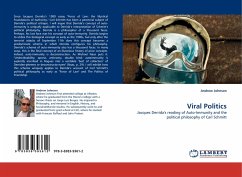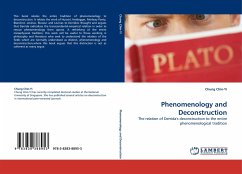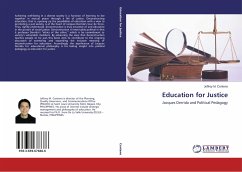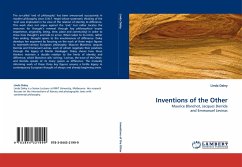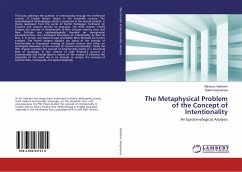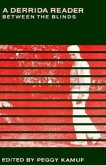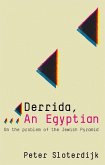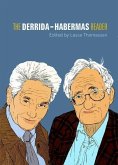Since Jacques Derrida's 1989 essay "Force of Law: the Mystical Foundations of Authority," Carl Schmitt has been a perennial subject of Derrida's political critique. I will argue that Derrida's concept of auto-immunity is uniquely applicable to Derrida's interpretation of Schmitt's political philosophy. Derrida is a philosopher of a thousand faces. Perhaps, his last face was his concept of auto-immunity. Derrida begins to utilize this biological concept as early as the 1990s, but only after the terrorist attacks of September 11th does this concept becomes a predominate schema in which Derrida configures his philosophy. Derrida's schema of auto-immunity also has a thousand faces. In many ways, this is the final concept of an illustrious history of prior concepts. Indeed, auto-immunity is deconstruction. As Michael Naas puts it: "Undecideability, aporia, antinomy, double bind: autoimmunity is explicitly inscribed in Rogues into a veritable best of collection' of Derrideo-phemes or deconstructo-nyms" (Naas, p. 29). I will exhibit how this schema uniquely applies to Derrida's account of Carl Schmitt's political philosophy as early as "Force of Law" and The Politics of Friendship.
Bitte wählen Sie Ihr Anliegen aus.
Rechnungen
Retourenschein anfordern
Bestellstatus
Storno

